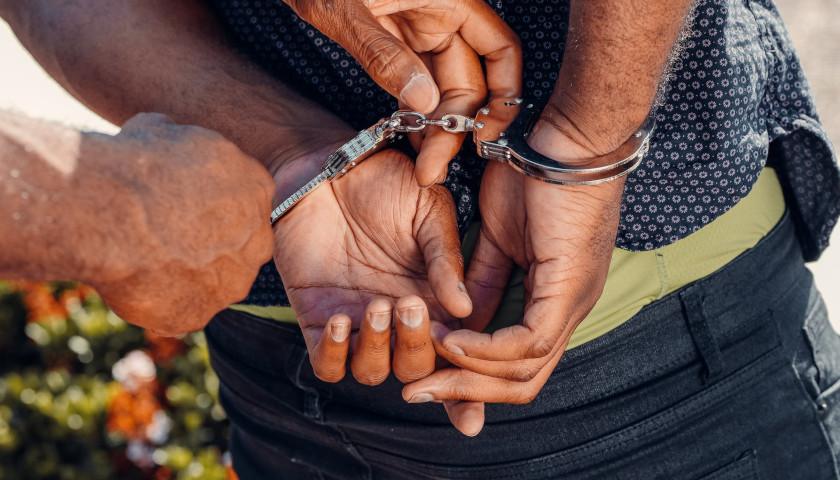by Scott McClallen
House Majority Leader Ryan Winkler, DFL-Golden Valley, has introduced adult-use cannabis legislation that a Senate Republican leader opposes.
The bill is derived from conversations in 15 communities statewide.
“The tide is shifting,” Winkler said in a press conference about the 15 states that’ve legalized marijuana so far.
“If we don’t legalize, we’ll have more problems than we have now,” he said, adding Minnesotans could just drive across the border to South Dakota to buy marijuana when it becomes legal on July 1, 2021.
Winkler argued the prohibition of marijuana failed.
“Adults deserve the freedom to decide whether to use cannabis, and our state government should play an important role in addressing legitimate concerns around youth access, public health, and road safety,” he said in a statement. “Veterans and Minnesotans with serious illnesses like PTSD deserve better access to our medical program, which is not working well for most people. It’s time to legalize, expunge, and regulate.”
The bill claims to create a regulatory structure for developing micro-businesses; expunging many cannabis convictions; fund public health awareness and youth access prevention, as well as substance abuse treatment; and require testing and labeling of products.
But legal marijuana likely won’t beat out the black market, which is believed to have grown in most legalized states thanks to red tape, high taxes, and the camouflage provided by the legal market.
“It’s clear that our current cannabis laws aren’t working for Minnesota,” House Speaker Melissa Hortman, DFL-Brooklyn Park, said in a statement. “Smart, sensible legislation can address racial inequities in our criminal justice system, tackle the harms caused by cannabis, and ensure better outcomes for communities.”
Black and white Minnesotans consume cannabis at very similar rates, according to the American Civil Liberties Union, but a Black person in Minnesota is 5.4 times more likely to be arrested for marijuana possession.
“The legalization of adult use-cannabis will result in health, economic, criminal justice, and civil rights benefits for Minnesotans, benefits already experienced by those in other states that have eliminated the criminal prohibition,” Rep. Rena Moran, DFL–Saint Paul, said.
“Minnesotans, especially those from Black, Indigenous, and communities of color who have been disproportionately impacted will have an opportunity to live better lives and contribute to society by participating in the workforce.”
Senate Majority Leader Paul Gazelka, R-Nisswa, opposes marijuana legalization.
“I don’t believe fully legalized marijuana is right for the state. Other states that have legalized marijuana are having issues with public safety, and we are concerned that we haven’t fully seen how this works with employment issues, education outcomes, and mental health,” Gazelka previously said in a statement.
“I would be open to expanding medical use or hearing criminal justice reforms, but the ideas need to be fully vetted in a public committee process. There is a wide range of opinions I want to hear from before we move forward with changing the laws on marijuana.”
State Rep. Pat Garofalo, R-Farmington, said lawmakers should address the “unfair” prohibition of marijuana.
“Reasonable people may disagree on the best way to fix our broken system, but nobody can responsibly defend the status quo…. Working together, we can find common ground on this issue.”
– – –
Scott McClallen is a staff writer covering Michigan and Minnesota for The Center Square.





